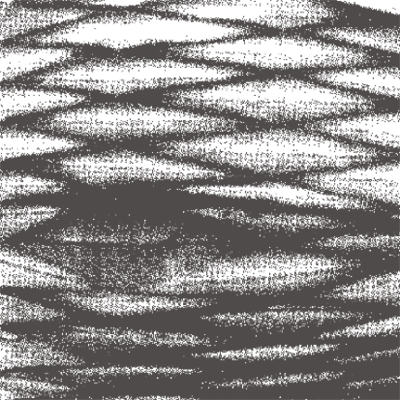Can a foreign company be summoned to attempt settlement negotiations in Poland?
Sometimes when the same case is presented to different courts, the courts take mutually exclusive positions. This was what happened in the case of an Italian company summoned to attempt settlement negotiations in Poland.

When an administrative case takes too long
Parties to administrative proceedings ask what can be done when the case drags on too long. There is no simple remedy, but a complaint against overlong proceedings is one option.

How long will it take, counsellor?
This is one of the hardest questions for any litigator to answer

Supreme Court hands down three rulings on construction of wind farms on non-owned land
In three recent cases, the Supreme Court of Poland has addressed issues surrounding construction of wind farms on land owned by another party.

Not all bank guarantees are created equal
Although the bank guarantee is a commonly used form for securing claims, it is one of the most controversial institutions in Polish law. In a dispute, it is essential to analyse thoroughly the documents establishing the bank guarantee.

Alternative jurisdiction clauses under Polish law
Is there any justification for Polish civil procedure rules limiting the parties’ freedom to choose the forum?

When is it sufficient to state the amount in dispute in euro?
The European Court of Justice has ruled that the requirement to specify the amount in dispute in Polish currency does not apply to the European order for payment procedure.

What's new in litigation law?
The New Year often brings with it numerous changes in regulations, including changes affecting specific judicial or administrative procedures, with an impact on how litigation is conducted. What’s new in this area in 2013?

Ecological NGOs are capable of more and should do more
Imposing remedial measures requires a finding of environmental harm, including determination of a reference point for assessment of the damage. If an ecological NGO claims environmental harm, it must be properly documented.

Monika Hartung: Enforcement of foreign judgments in Poland is not a problem
An interview with Monika Hartung, a partner at Wardyński & Partners, who co-heads the firm’s Dispute Resolution & Arbitration Practice, about jurisdiction and choice of law.

There's more to litigation than the Civil Procedure Code
Sometimes the Civil Procedure Code does not provide a satisfactory response to a litigation issue. The answer may lie in a less obvious source.

Who can sign the statement of claim in a class action suit?
Only an adwokat or legal adviser may sign the statement of claim in a class action suit, the Supreme Court of Poland has held in a resolution clarifying the Class Actions Act. A statement of claims signed by anyone else will be rejected by the court.
